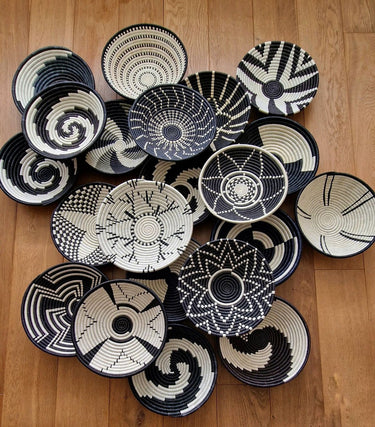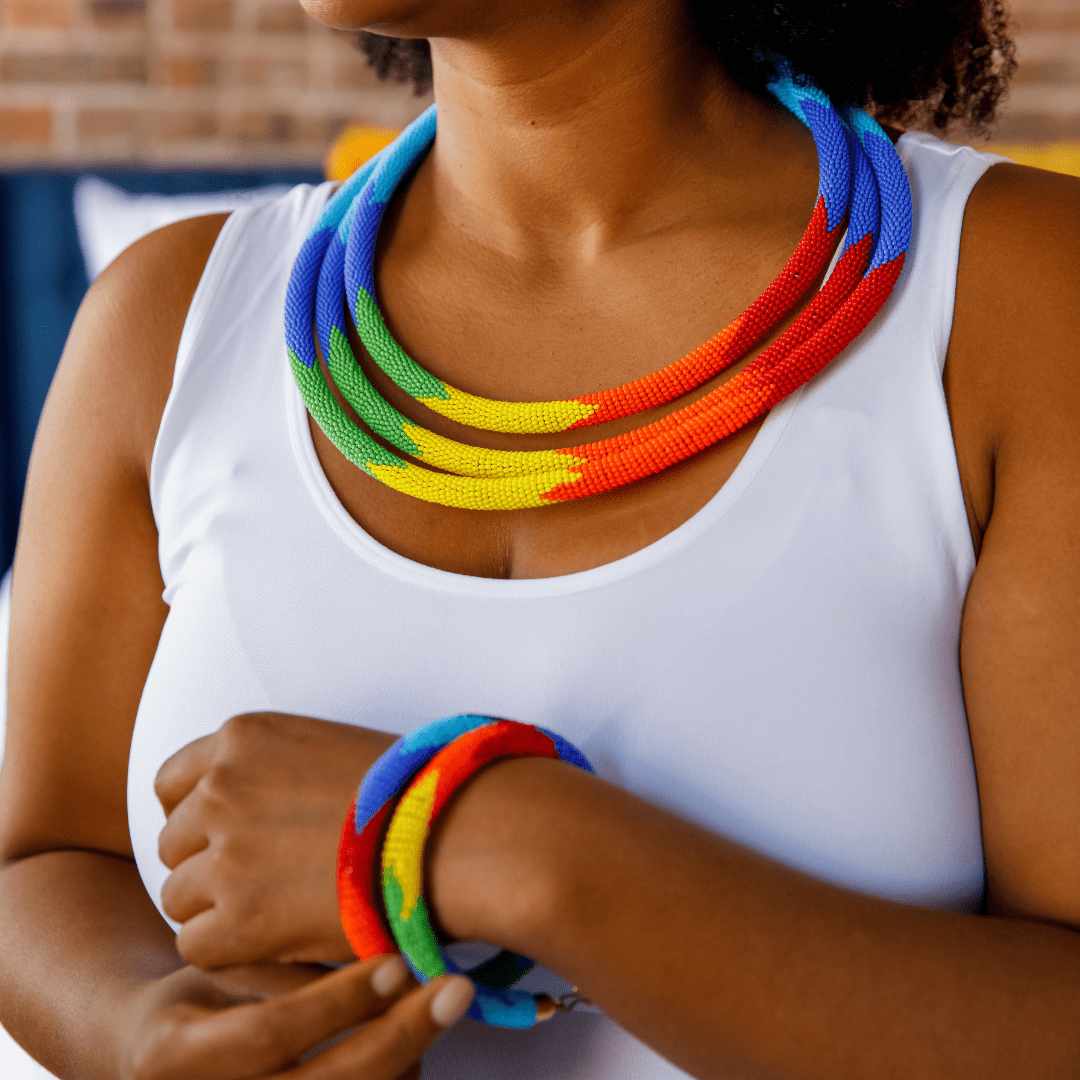EU Import Taxes on Kenyan Handicrafts: Simplified
Navigating EU Customs for African Artisans & Buyers
For Kenyan artisans, fair-trade brands, and European retailers, understanding EU import duties is crucial for pricing and profitability. This guide breaks down:
✅ Which handicrafts qualify for tax reductions
✅ How to calculate duties for common products
✅ Documentation needed for smooth clearance
✅ Strategies to minimize costs legally
1. EU Tax Rules for Kenyan Handicrafts: Key Exemptions
Under the EU-East Africa Economic Partnership Agreement (EPA), many Kenyan goods enter the EU duty-free or at reduced rates.
Products Eligible for 0% Duty
-
Handmade beadwork (jewelry, decor)
-
Woven textiles (kiondos, baskets)
-
Carved wood items (non-endangered species)
-
Leather goods (sandals, bags)
Condition: Must prove Kenyan origin (more in Section 3).
Products With Typical Duties
| Handicraft | EU Duty Rate |
|---|---|
| Glassware (e.g., recycled glass beads) | 3–6% |
| Cotton textiles (dyed/finished) | 6–12% |
| Metal decor items | 2.5–5% |
2. Calculating Your Total Import Costs
Formula:
Total Tax = Customs Duty + VAT (varies by EU country) + Clearance Fees
Example: Shipping Beaded Necklaces to Germany
-
Product value: €1,000
-
Customs duty (0% under EPA): €0
-
German VAT (19%): €190
-
Clearance fee (avg.): €50
-
Total payable: €240
Tip: Always declare the accurate product value to avoid penalties.
3. Required Documents for Duty-Free Claims
Mandatory Papers
-
Certificate of Origin (Form EUR.1 or Invoice Declaration)
-
Issued by Kenyan Chamber of Commerce
-
-
Commercial Invoice
-
Must list:
-
HS Code (e.g., 7117.90 for beadwork)
-
Fair Trade certification (if applicable)
-
-
-
Packing List
-
Transport Document (Airway Bill/Bill of Lading)
Pro Tip:
For handmade goods, attach photos of artisans crafting items to prove authenticity.
4. 3 Strategies to Reduce EU Import Costs
A. Use EPA’s Cumulation Rule
-
Combine materials from Kenya + other EPA countries (Uganda, Rwanda) to maintain 0% duty.
B. Ship in Bulk via Sea Freight
-
Cost: €1.5–€3/kg vs. air freight’s €8–€15/kg.
-
Best for orders over 100kg.
C. Leverage VAT Deferment
-
EU businesses can postpone VAT payment by registering for postponed accounting.
5. Common Pitfalls & How to Avoid Them
| Mistake | Solution |
|---|---|
| Misclassifying HS codes | Use EU’s TARIC database or hire a customs broker |
| Undervaluing goods | Provide real production costs + fair wages proof |
| Missing certificates | Work with Kenyan export agencies like KEBS |
6. Where to Get Help
-
Kenya Revenue Authority (KRA): Export facilitation desk
-
EU Customs Helpline: DG TAXUD
-
Fair Trade Organizations: Assist with EPA compliance
Conclusion: Plan Ahead for Smooth Trade
By mastering EU tax rules, Kenyan artisans and EU buyers can:
✔ Maximize EPA benefits
✔ Price products competitively
✔ Avoid costly clearance delays
Need a reliable Kenyan supplier?
🌍 Ethical wholesale partners: The Tsai Maasai




